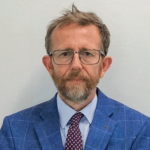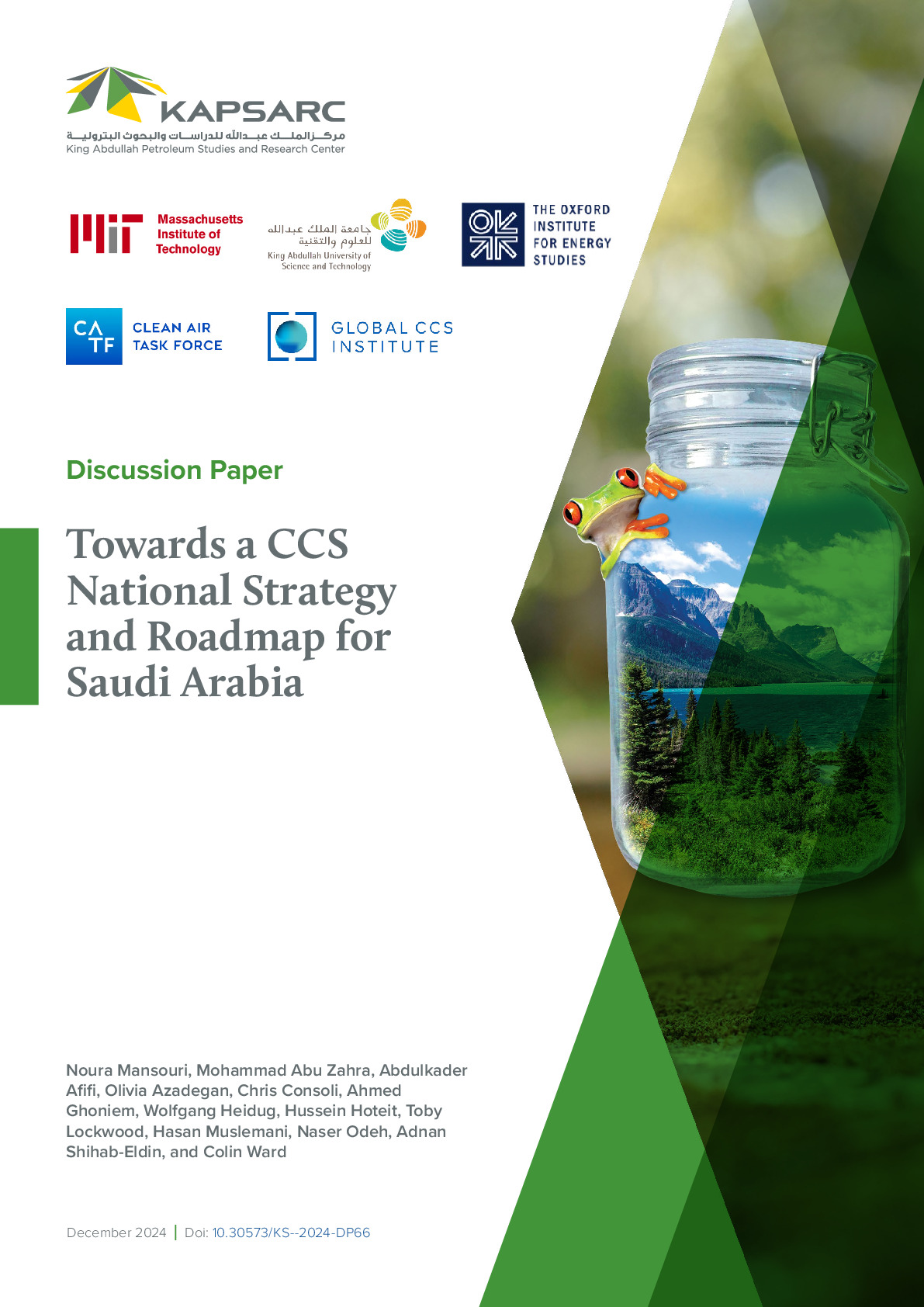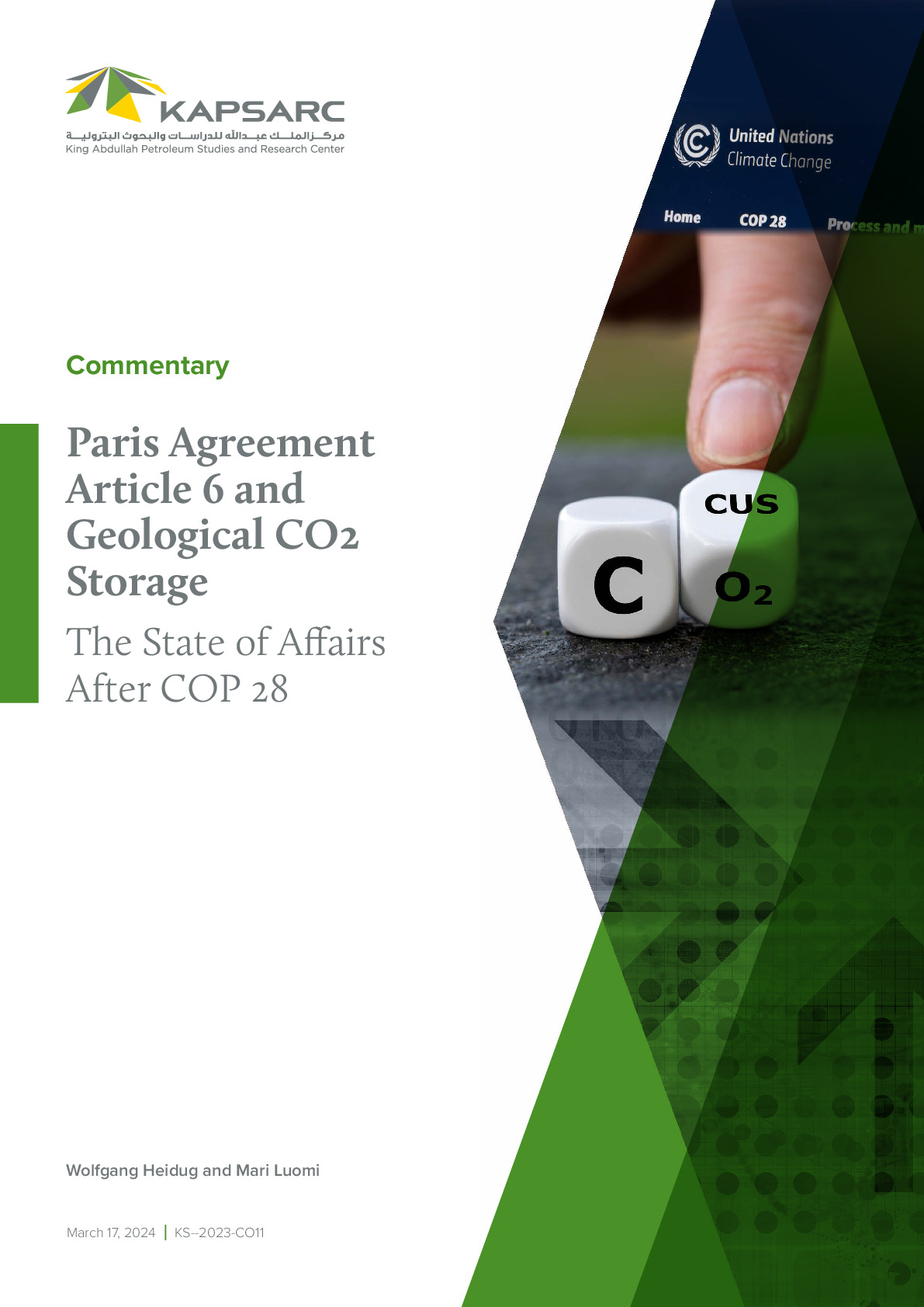Former Research Fellow
Eric has over 20 years of experience as an energy and environmental economist focusing on energy and climate change policy,…
Eric has over 20 years of experience as an energy and environmental economist focusing on energy and climate change policy, energy systems analysis, and climate change mitigation and adaptation options. Eric was managing the writing and publication of a series of reports on Circular Carbon Economy to be delivered to the G20 this year. The reports are written by International Organizations, including the International Energy Agency (IEA), the Organization for Economic Co-Operation and Development (OECD), the International Renewable Energy Agency (IRENA), the Nuclear Energy Agency (NEA), and the Global CCS Institute (GCCSI). Eric was previously acting Program Director for the Climate Change and Environment program at KAPSARC. Before joining KAPSARC, Eric worked as an economist with the North Carolina Utilities Commission and was a consultant at the OECD. Eric has previously worked in the United Nations, academic research institutes, think tanks, and government.







